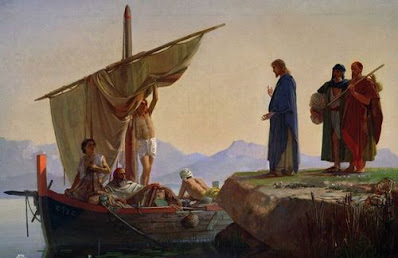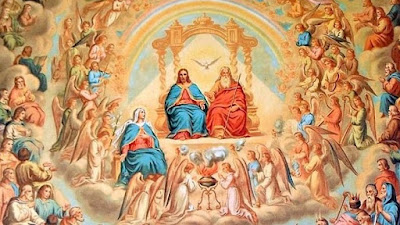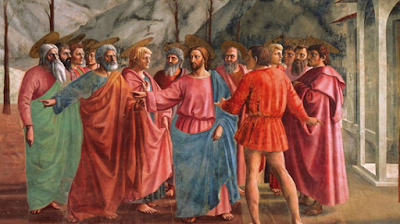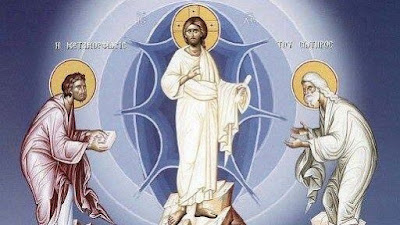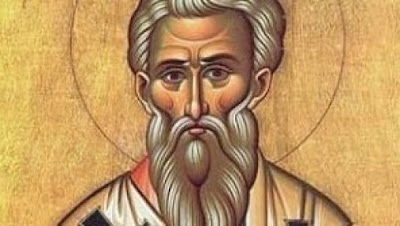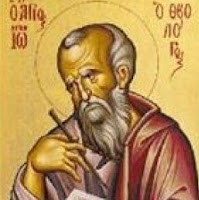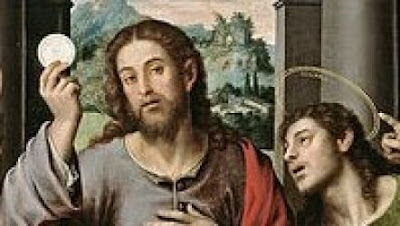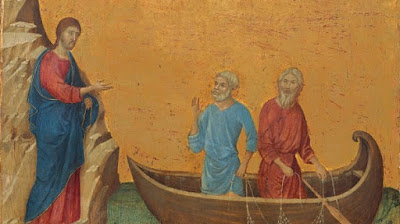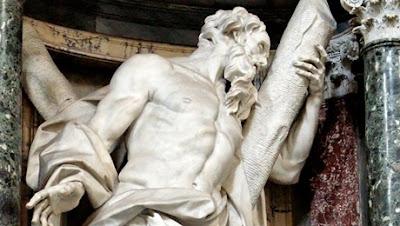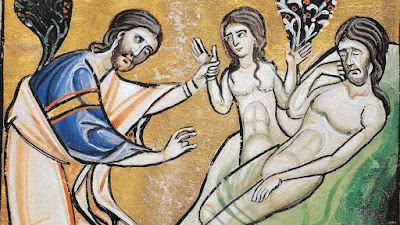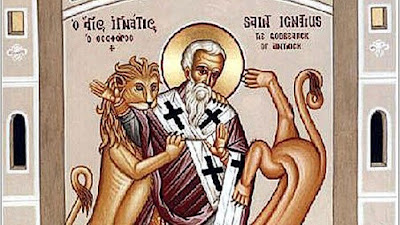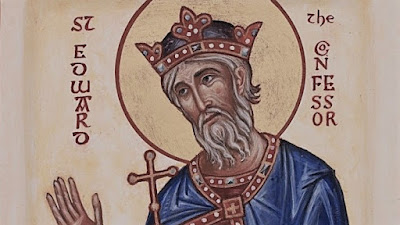Homily for the 3rd Sunday of Easter, April 18, 2021, Year B
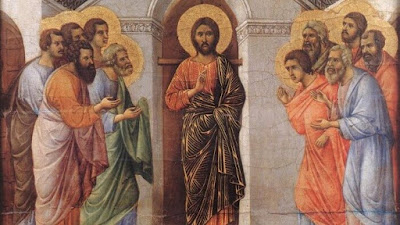
Fr. René J. Butler, M.S. La Salette Missionaries of North America Hartford, Connecticut Click here for today’s readings Isn’t this the Easter season? Isn’t Lent over? Why, then, is there so much talk of sin and repentance in today’s readings? In Acts we are told, “Repent, and be converted.” St. John says in his Letter: “I am writing this to you so that you may not commit sin.” And Jesus mentions “repentance for the forgiveness of sins.” The point of mentioning these things at Easter time is to show that forgiveness is possible thanks precisely to the Risen Christ. St. John calls Jesus our “Advocate” and adds, “He is expiation for our sins.” St. Peter promises that the sins even of those who crucified Jesus could be wiped away. Jesus himself speaks of forgiveness of sins being preached in his name. In other words, Jesus Christ, risen from the dead, is the source of our salvation. That is what we believe. Personal belief is a good thing. Is it enough? Not always. Jesus tells the
